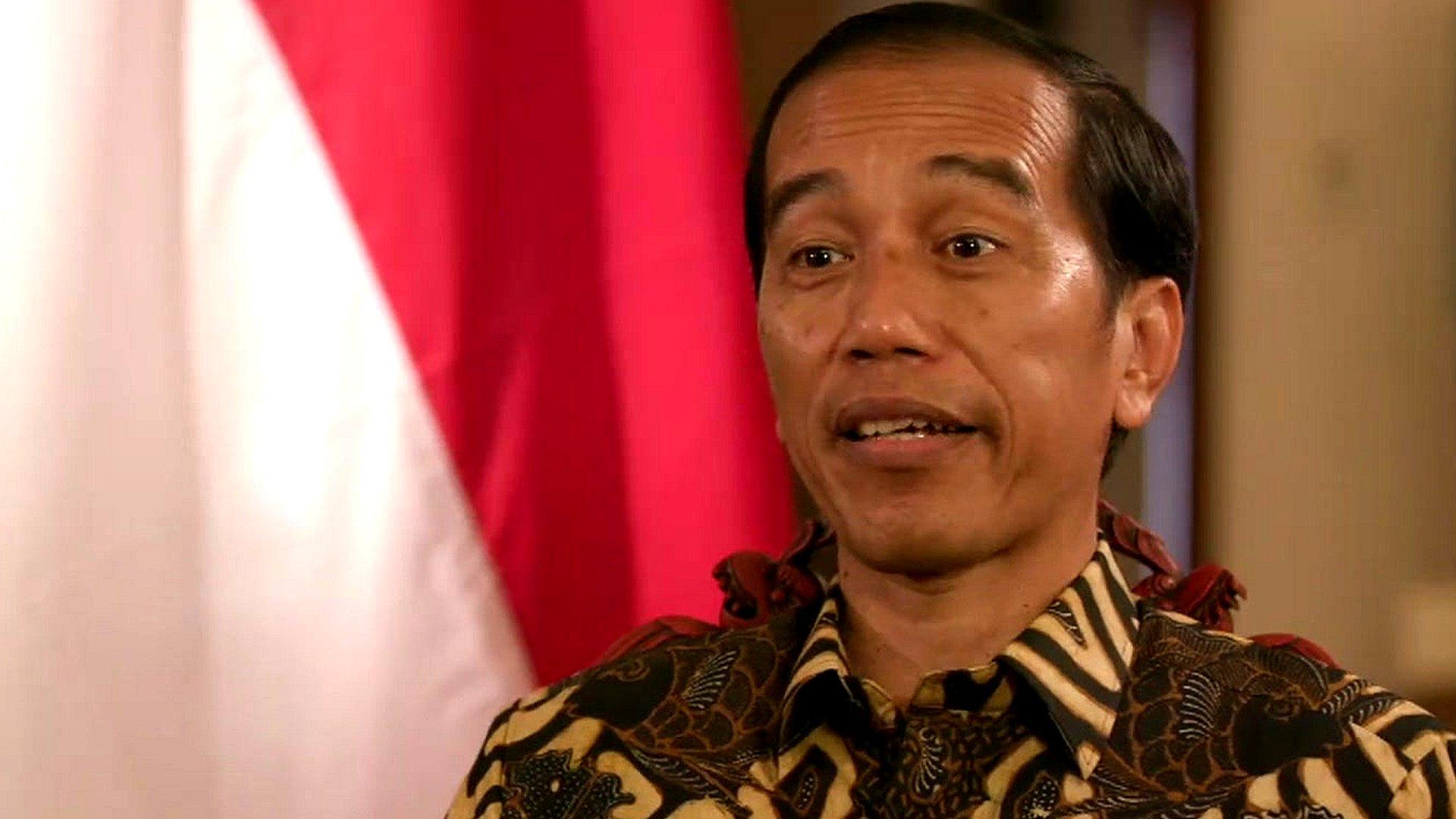The mothers who infiltrated an online paedophile group
- Published
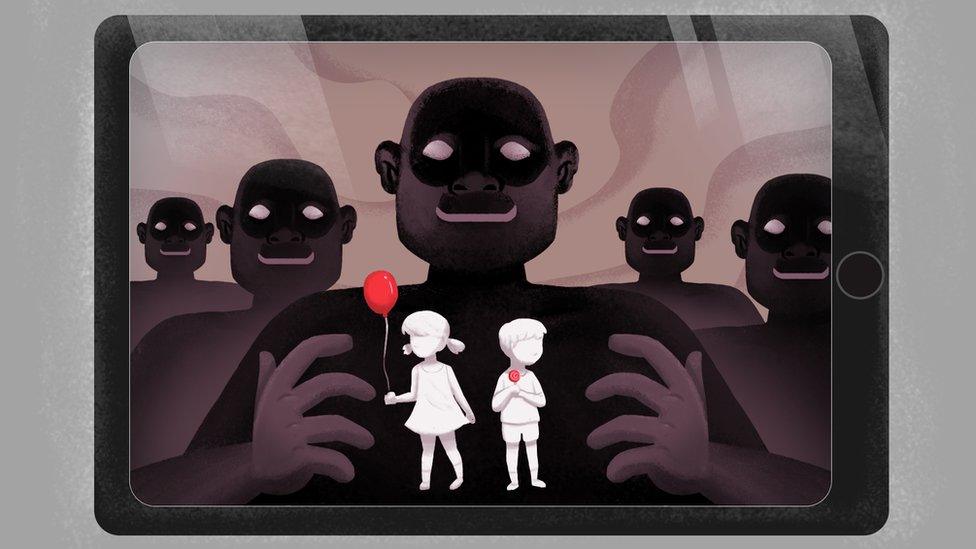
When a group of Indonesian mothers sharing pictures of their children stumbled upon news of an online paedophile group earlier this year, they decided to infiltrate it to expose those behind it. The BBC's Christine Franciska followed the story.
Capturing and posting the funny, sweet and memorable moments of children on social media is common for many proud parents in Indonesia and around the world.
Risrona Simorangkir has been uploading photos of her seven-year-old daughter and toddler son on Facebook ever since they were born.
But one day in March she stumbled across a blog about a group that shares child abuse pictures.
"This [Facebook] group has thousands of members, they share pictures and videos. Some of them said they produce the materials by themselves - taken from neighbour's children or even relatives," the article said. The group's members called their victims "lolly" - short for lollipop candy.

Risrona Simorangkir infiltrated a paedophilia group on Facebook
Mrs Simorangkir, 29, warned her friends immediately and they decided to find out more by joining the group - which the BBC is not naming.
"We have an online community for mothers talking about parenting, life, and anything. After I posted [the article], some of us tried to get into [the group] to collect evidence and we discussed the findings," says Mrs Simorangkir.
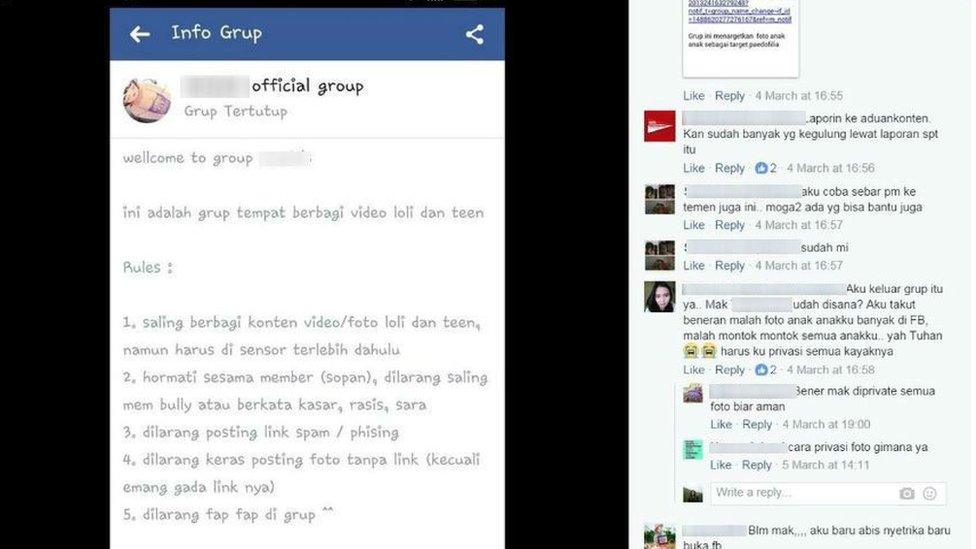
Four hours and I quit
"I joined the group for only four hours. I could not stand it. The content was so horrible. They are not human [for posting like that]," says Mrs Simorangkir.
"They talk about how you can approach and seduce a kid to have sex with you, what you can do to make sure those kids don't say anything to their parents, and how you can have sex with children without making them bleed."
"One person told a story about his victim and how he has been doing it to his nephew. It was terrifying."
Michelle Lestari, Mrs Simorangkir's friend, says they began to save and screen capture evidence, including conversations, administrators' profile links, and even phone numbers.
"I reported it to the police," said Mrs Lestari.
Other parenting groups had been reporting the group to Facebook, said Ms Lestari, and the social media giant took it down. A Facebook spokesperson also told the BBC that further investigations were conducting into the individuals.
On 14 March police arrested five suspects.
The case was heavily discussed in the local media and the efforts of the parents have been widely praised. "The power of mothers," said one Twitter user.

This group had more than 7,000 members, who produced and distributed at least 400 videos and 100 photos of child abuse, Indonesian police said after the arrests.
The police said that they were co-ordinating with United States Federal Bureau of Investigation (FBI) as they suspected some members were linked to international networks.
"One of the suspects joined 11 WhatsApp groups that linked 11 countries. They exchange pornographic material between countries. Indonesia sends one and someone in North America sends another," said Jakarta Police spokesman Sr. Comr. Argo Yuwono to the BBC.
Child sex abuse online is a real threat in Indonesia, but society's reaction in tackling online child sex abuse is still too lax, said the head of Indonesia's Child Protection Commission (KPAI) Arist Merdeka Sirait.
"In Indonesia's cultural context, people still think that paedophilia or sexual abuse is only related to penetration -committing rape. They have to realise that grabbing a child's bottom is also considered molestation, for example," said Mr Sirait.
Last year, the country's parliament passed controversial laws authorising chemical castration and execution for convicted paedophiles.
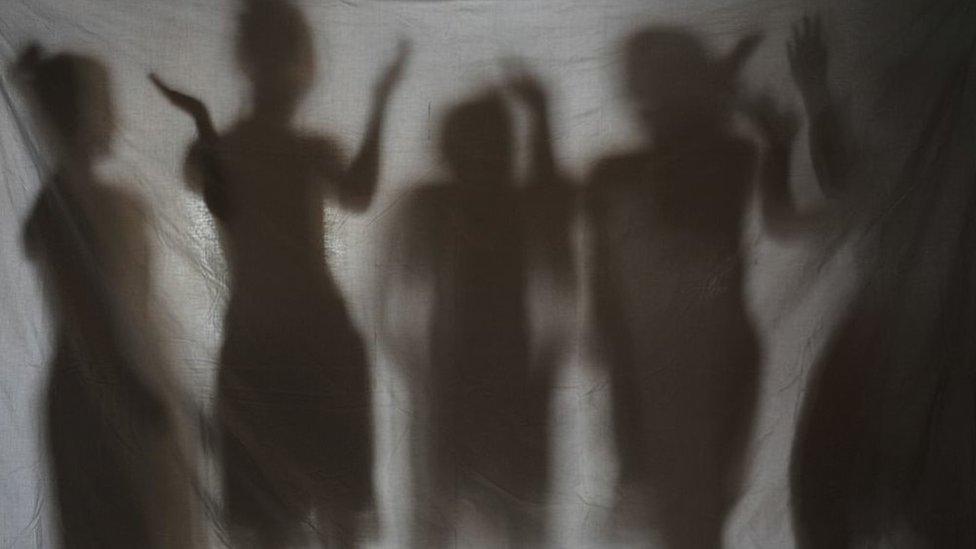
But what Mrs Simorangkir and many internet users have done, by infiltrating the paedophile group, is dangerous because they are exposing their own identities, activists say.
"It is the equivalent of neighbourhood patrols, which is great but you need to realise the danger," said the executive director of Indonesia's civil society organisation ICT Watch Donny B.U.
"It is best if you just report it to the police. What you can do is be actively involved in building digital literacy in your community and take preventive action by being knowledgeable about data privacy," he explains.
And this kind of action won't necessarily solve the larger problem, he says. "This particular case is just the tip of the ice berg. People easily found it because they used Facebook as a platform, which is quite amateur. There are more threats in the dark web, encrypted."
Mrs Simorangkir says she doesn't regret what she did.
Her four-hour experience in the paedophile group makes her more afraid of the people around her family, but it also "opened my eyes to be more careful and teach my children about their private parts".
"But I still have this disgusted feeling when I remember the kinds of thing they posted."
She says she has now changed her Facebook setting to private mode. But before that, "I uploaded maybe thousands of pictures of my children online," she says.
- Published19 October 2016
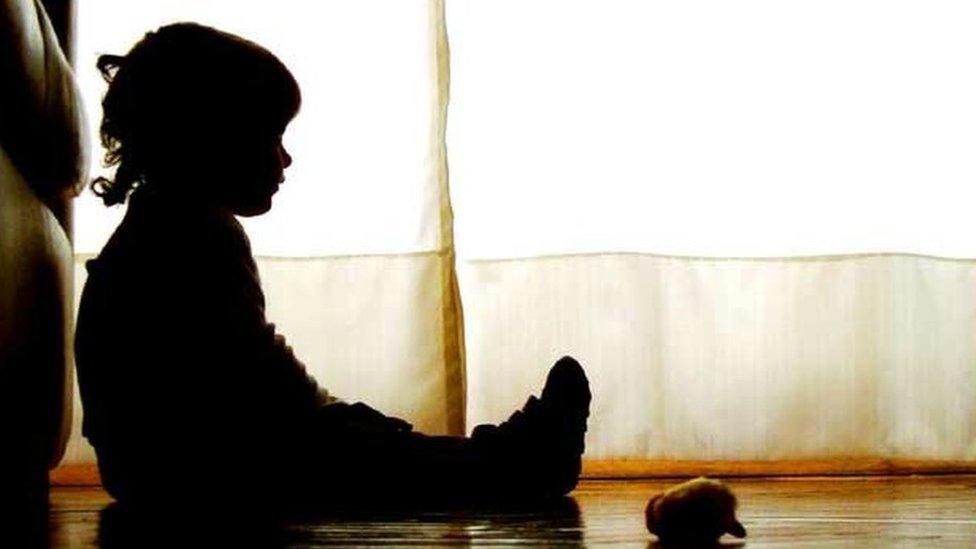
- Published19 October 2016
